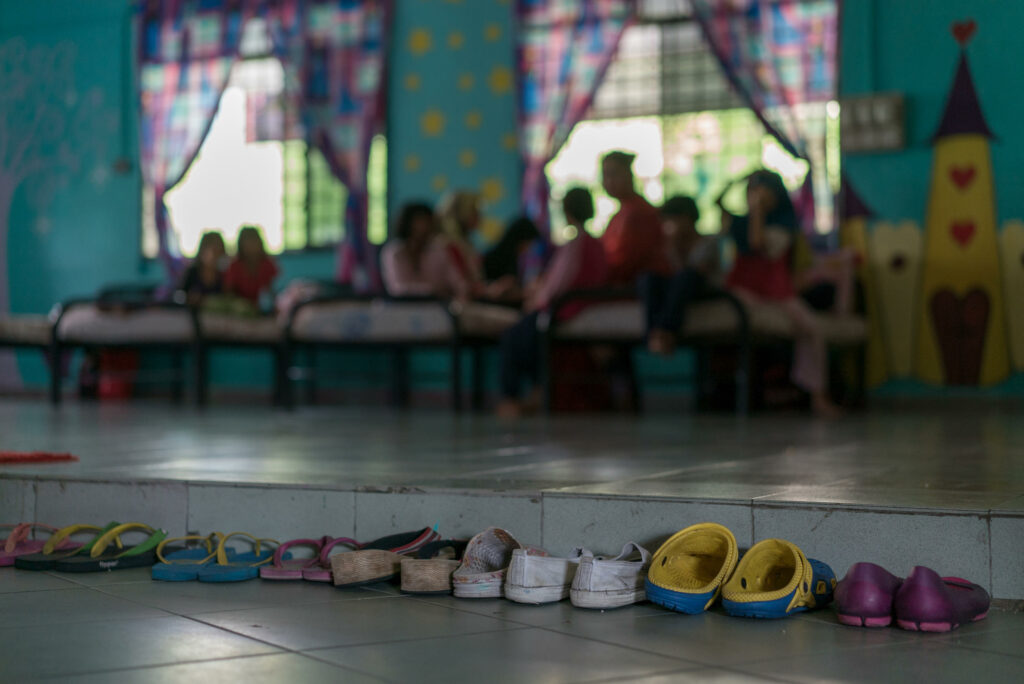Children are physically and psychologically harmed when they are raised in institutions.
About 90% of children in orphanages are not orphans and have at least one living parent. Every child deserves to grow up in a loving family. This is OrphanCare’s passionate objective. About 8 million children across the globe live in institutions even though most of them have families. Poverty is the root cause why children are placed in institutions.
In Malaysia, an estimated 64,000 children live in child-care institutions, in registered and unregistered government and private orphanages. It is difficult to establish just how many unregistered homes there are. These care institutions are funded by government and well-meaning charities, religious bodies, corporations and individuals. Children may receive shelter, food, a bed, clothes and an education but they don’t receive the love, support and critical sense of identity they would only get from being part of a family.
The harm caused by Institutions
The impact on health and development
There is much evidence that children growing up in institutions often demonstrate delays in physical and emotional, social and cognitive development. Children cared for by institutions are more likely to suffer poor health, physical underdevelopment, slow brain growth and experience developmental delays and emotional attachment disorders.
Consequently, they have more intellectual, social and behavioural problems than children growing up in a family environment. They also suffer from not having a family support structure and being branded social outcasts; effects that often last a lifetime. With the right support, older children can go on to live fairly normal lives. For babies and young children under the age of three the harm is often permanent and irreversible; that no amount of physical or psychological treatment can remedy. Their future is bleak.
Risk of harm, abuse and neglect
Violence is common in institutions because:
- poor staff to children ratio often results in neglect and sometimes abuse
- many children risk being physically and sexually abused by older children or staff
- there’s the risk of child abusers gaining access to children through employment and institutional oversight
High Financial Costs
Institutional care is costly compared to community-based prevention and family support systems. In Sudan and Cambodia for example, family-based care costs 10% of an institutional placement. Studies show that community-based services are more cost-effective than institutions and deliver higher quality care to more children. (Lumos Foundation 2014)
Rather than creating, supporting and funding options that keep vulnerable children in orphanages, we need solutions that keep children and families together. This is our mission.
